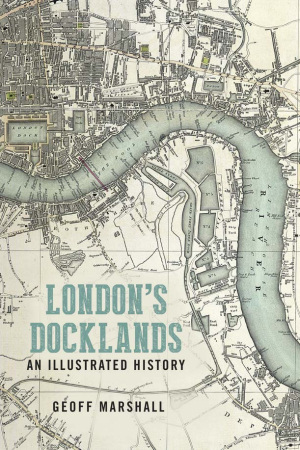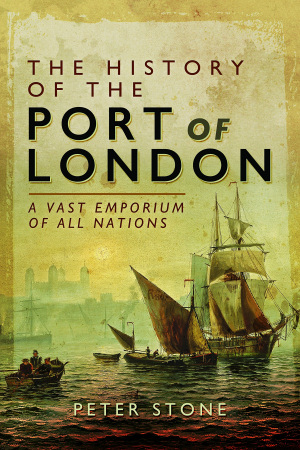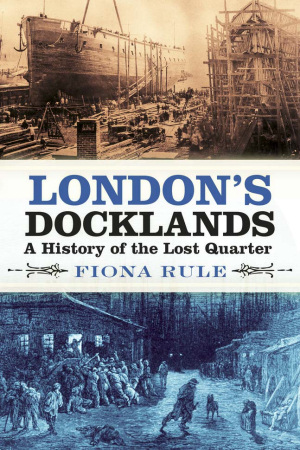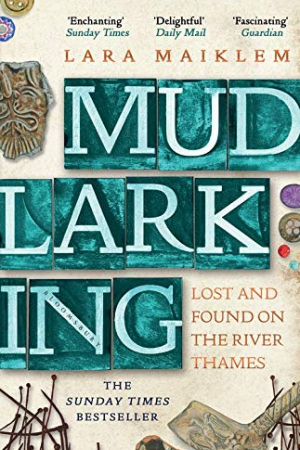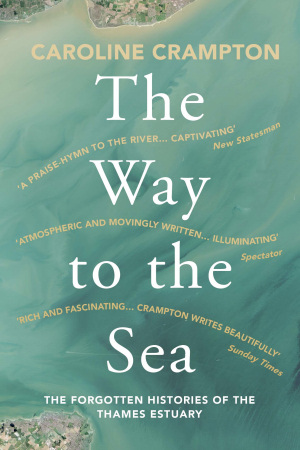East India
East India, Tower Hamlets
A Docklands Light Railway station built on part of the site of the East India Docks in eastern Blackwall
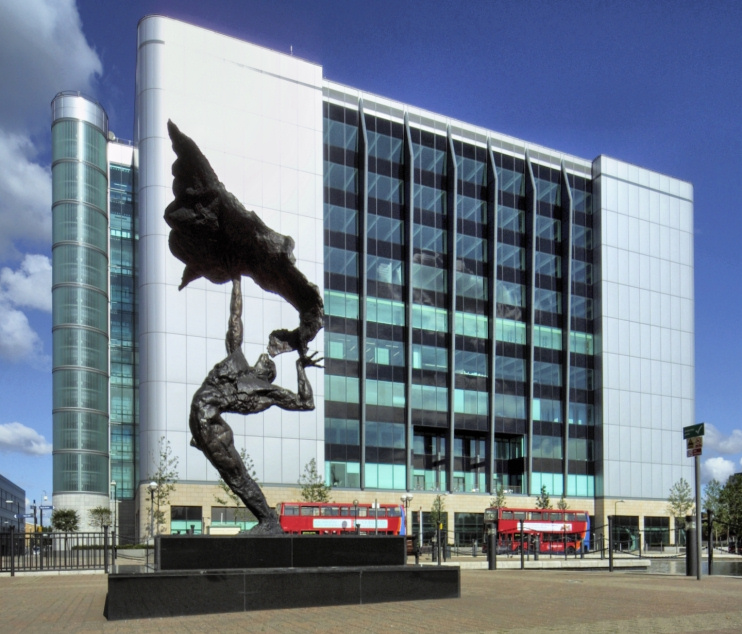
In 1803 the success of the newly opened West India Docks prompted a group of merchants involved in trade with the East Indies to propose a similar scheme at Blackwall. Construction took three years and filled a 60-acre site. Brunswick Dock, which had opened in 1790, became the export dock, with an entrance basin to its east and a larger import dock to its north. At the same time East India Dock Road was built as a branch of the Commercial Road, to provide a link with the City.
Decline had already set in when the docks suffered tremendous damage during the blitz. The export dock never reopened and was replaced by Brunswick power station in 1956. The import dock was repaired but containerisation and other changed circumstances rendered it increasingly obsolete and it was gradually filled in from the late 1960s. Only the entrance basin and sections of the dock wall now remain.
In 1989 part of the site of the import dock became the Financial Times print works, which has since been converted into offices and a BT switching centre.
Brunswick power station has been replaced by a luxury apartment complex. Other areas have been laid out with water features and imposing office blocks in the characteristic Docklands style. Tower Hamlets town hall is located at Mulberry Place, on Clove Crescent.
Near the Reuters building stood the Brunswick Hotel, once renowned for its whitebait dinners. In the 1860s it became a hostel for emigrants to Australia. The Brunswick was demolished in 1930.
New streets here have been named after the spices that once constituted a major proportion of the East India Docks’ imports.
Postal district: E14
Population: 14,859 (East India and Lansbury ward, 2011 census)
Station: Docklands Light Railway, Beckton branch (zones 2 and 3)
Docklands books

